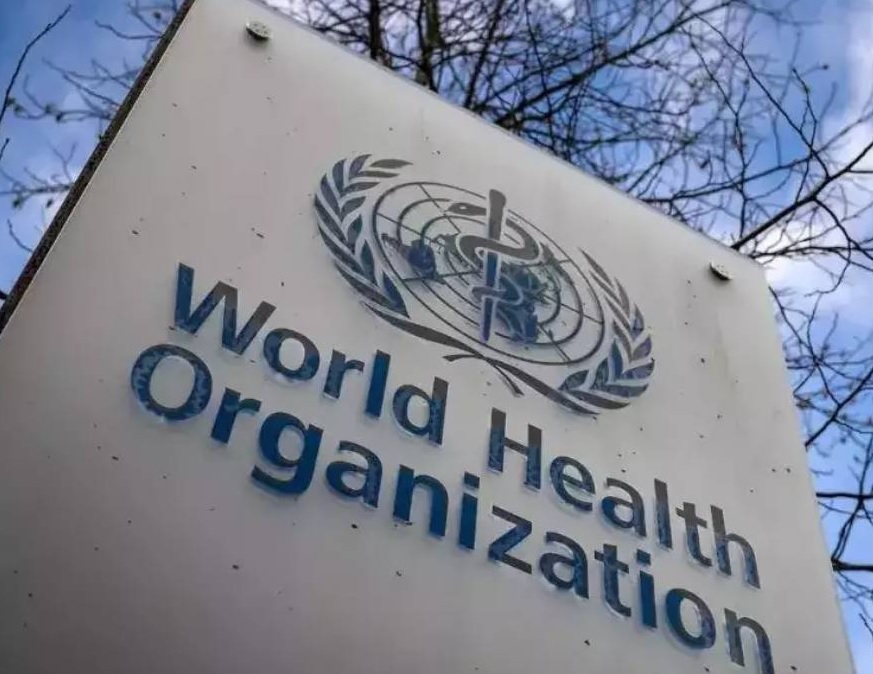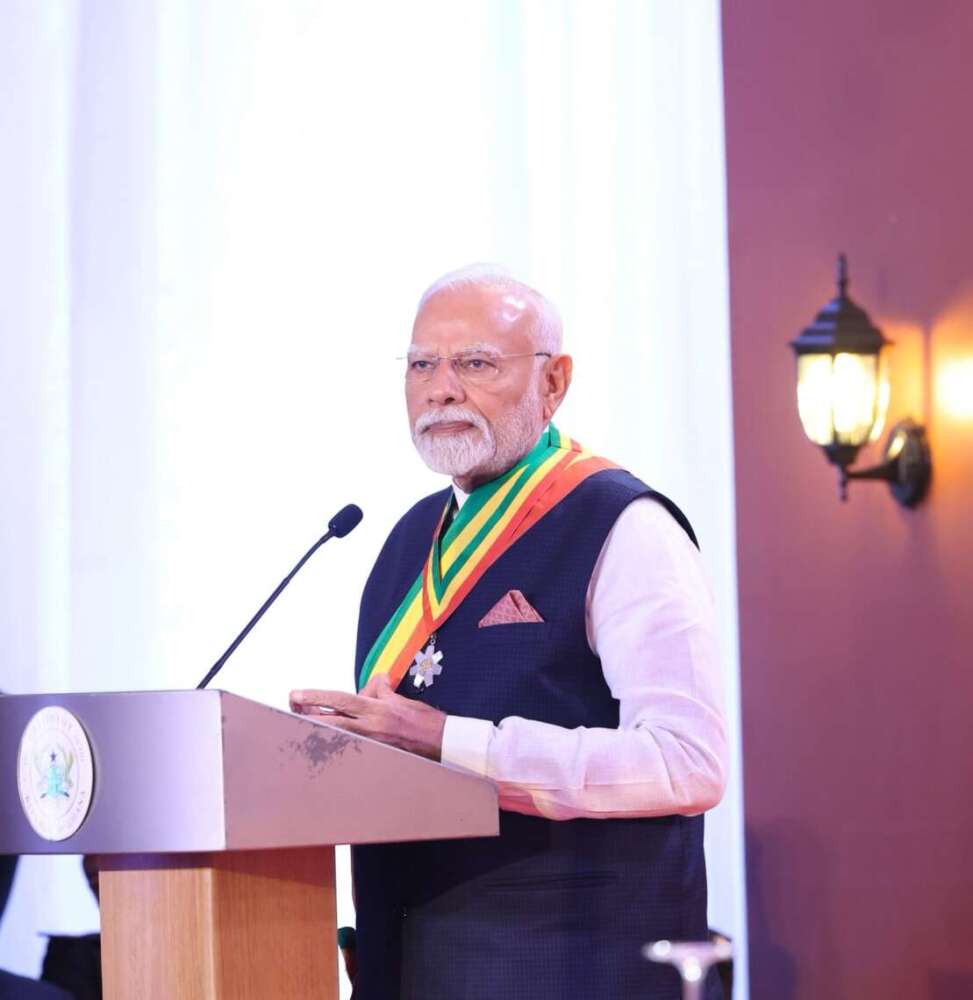In the South-East Asia region, 9 million deaths, almost 69 per cent of all deaths, are due to non-communicable diseases, with cardiovascular diseases being a major cause….writes Shalini Bhardwaj
The World Health Organization on Tuesday lauded Sri Lanka for enacting legislation on trans-fat to protect health and prevent premature deaths from coronary heart disease. “Eliminating trans-fats from food supplies is a cost-effective measure with enormous health benefits. By enacting legislation on trans-fat, Sri Lanka has once again demonstrated its resolve to protect and promote the health of its people,” said Dr Poonam Khetrapal Singh, Regional Director, WHO South-East Asia.
The legislation restricts levels of industrially produced trans fats in oil and food, and bans partially hydrogenated oils, the primary source of trans fats in food.
Since 2018 WHO has been working with countries for eliminating trans-fat from the food supply. As high trans fat intake increases the risk of death from any cause by 34 per cent, coronary heart disease deaths by 28 per cent and coronary heart disease by 21 per cent.
In the South-East Asia region, 9 million deaths, almost 69 per cent of all deaths, are due to non-communicable diseases, with cardiovascular diseases being a major cause.
Since 2014, WHO has been advocating for a multi-sectoral approach to address non-communicable diseases in South-East Asia Region as a flagship priority.
The Regional Director said, “Accelerating progress towards eliminating trans-fat through best-practice policies, monitoring and surveillance and healthy oil replacements can drive progress in our efforts to address non-communicable diseases.”
In 2018, WHO released REPLACE, a step-by-step guide to help achieve the elimination of industrially produced trans-fatty acids from the global food supply by 2023.
The Region continues to make significant headway against trans fats, in collaboration with Resolve to Save Lives by implementing the REPLACE protocol across member countries.
By 2022, Thailand, India and Bangladesh had adopted regulations for the elimination of trans fatty acids in the food supply. With Sri Lanka implementing new regulations, the collective efforts by countries would now potentially protect over 1.6 billion people from the harm caused by trans fatty acids.
Nepal and Indonesia are making good progress to limit trans fats and Bhutan, Maldives, Myanmar and Timor-Leste have made policy commitments.
Implementation of trans fat regulations to reduce the risk of cardiovascular diseases is part of SEA HEARTS initiative launched recently by the South-East Asia Region that aims to accelerate action to reduce deaths due to cardiovascular diseases.
Trans fats can be easily replaced with healthier alternatives without compromising the taste or availability of food, to enhance the health and well-being of people and also help attain the Sustainable Development Goal (SDG) target of reducing premature deaths from non-communicable diseases by one-third by 2030. (ANI)














